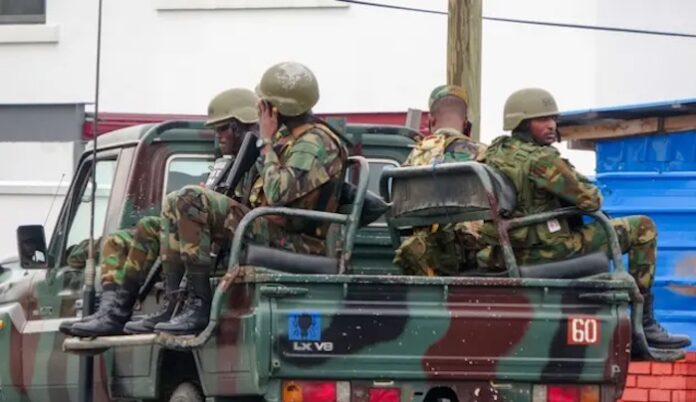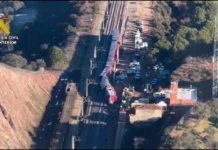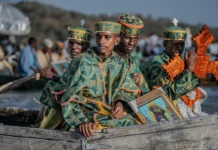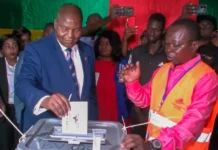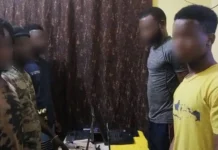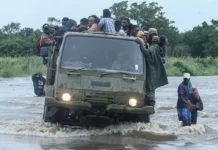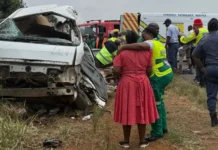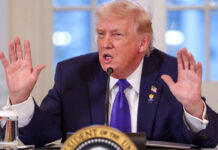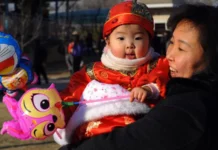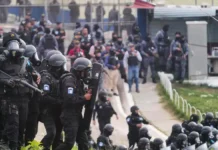The Ghanaian government has deployed additional military personnel to the northeastern town of Bawku as fresh violence erupts amid a long-standing chieftaincy conflict, a spokesperson for President John Dramani Mahama confirmed on Sunday.
The escalation follows a spate of deadly incidents last week, including the killing of a Kusaasi chief and three high school students who were attacked by gunmen on their school premises. The violent upsurge has reignited fears in a region plagued by intermittent ethnic clashes, rooted in the decades-old dispute between the Mamprusi and Kusaasi communities over rightful authority to install a traditional chief.
Presidential spokesperson Felix Kwakye Ofosu said in a press briefing that although previous mediation efforts, particularly those led by Asantehene Otumfuo Osei Tutu II, had nearly resolved the conflict, the recent killings “have necessitated drastic actions to prevent further bloodshed and restore calm.”
“The government views this violence with utmost concern,” Ofosu said. “The deployment of additional troops is meant to reinforce security in the area and reassure the local population that the rule of law will prevail.”
While details of the troop numbers have not been made public, Ofosu confirmed that military presence in the region near the Burkina Faso border has been bolstered. Ghanaian forces had already been stationed in Bawku due to the region’s volatile history, but the latest surge in violence has prompted the government to step up its response.
As part of broader efforts to stabilize the situation, a dusk-to-dawn curfew has been imposed across the troubled area. The curfew, which runs from 1400 GMT to 0600 GMT daily until further notice, aims to limit movement and allow security agencies to operate more effectively. It will also facilitate the safe evacuation of students from high-risk zones.
“This curfew is critical not only for restoring order, but also for ensuring the safety of young learners and their families,” Ofosu said in a separate statement.
The Bawku conflict, one of Ghana’s most persistent ethnic and traditional disputes, continues to pose a significant challenge to national peacebuilding efforts. Although multiple governments have attempted to mediate between the rival ethnic groups, sporadic violence remains a constant threat to stability in the Upper East Region.
Analysts say the government’s latest response reflects growing concern over the security implications of the conflict, especially given Bawku’s proximity to the Sahel, where extremist activity in neighboring Burkina Faso has been on the rise.
As military reinforcements settle in and the curfew takes effect, authorities are urging residents to cooperate with security agencies and report any suspicious activities. Meanwhile, calls are growing for renewed dialogue and a sustainable peace framework to permanently end the decades-long dispute.
Written By Rodney Mbua









